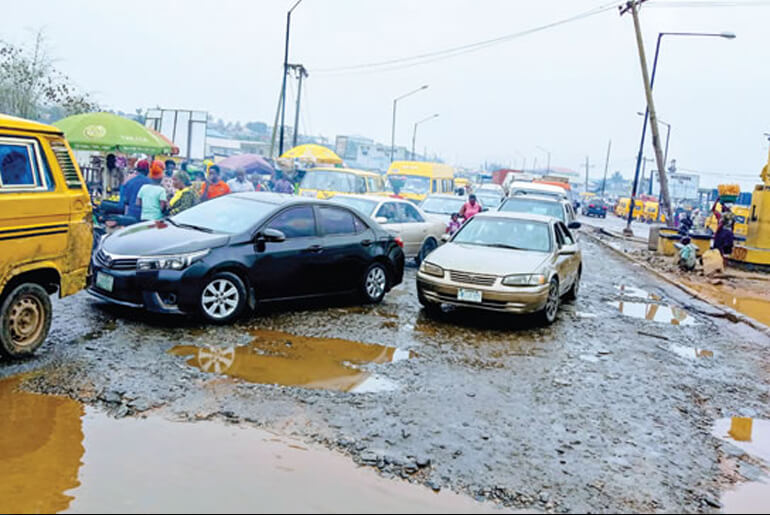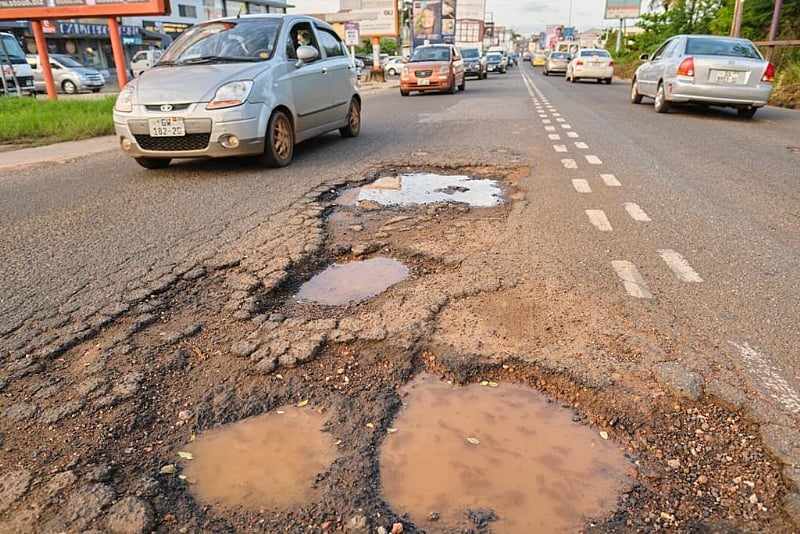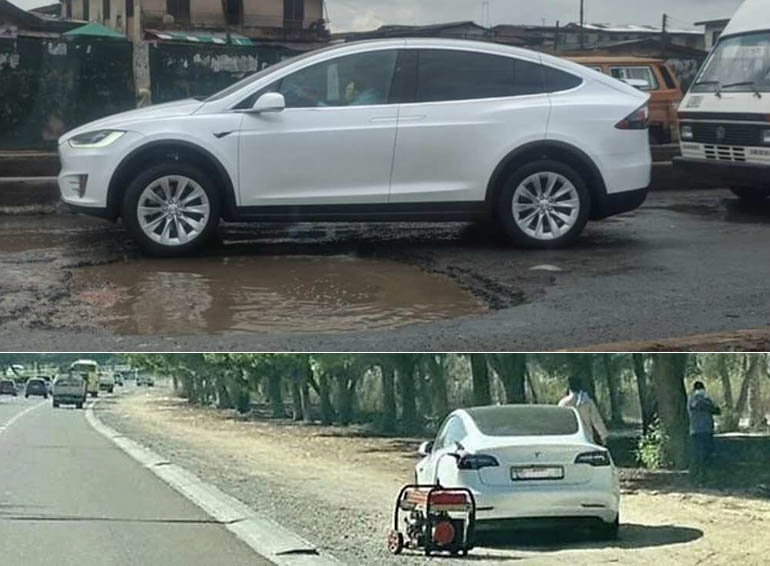Electric cars have been a revolutionary breakthrough in the automotive industry. They are slowly becoming a staple among car owners these days. With more than 10% of vehicles in operation being electric, the global distribution and implementation of electric cars are slowly gaining ground. The global call to switch the world from fuel-based vehicles to more eco-friendly alternatives is stronger than ever.
Table of Contents
As electric vehicles gain popularity on public roads, our infrastructure is met with new challenges—and not the problems you regularly hear about like creating new charging stations and energy grid enhancements. Rather, the mere weight of these vehicles will lead to rapid degradation of our roads.
Crucial Parts in an Electric Car
There are only three major parts in the electric car the battery pack, which could last for about eight years, the motors which drive the wheels (no servicing for AC motors; DC motors do require a change of carbon brushes in the future), and the control box which contains the digital electronics – guaranteed to work, and is replaced by the manufacturer if a fault develops.
Road Network In Nigeria
Nigeria has a broad road network that plays a crucial role in transportation and connectivity across the country. Compared to other modes of transportation, the road transport system is by far the most popular way of transport in Nigeria. The road network consists of: Federal Roads, State Roads, and Local/Urban Roads.
For each road, the classification is divided into four which include: Private drive pathways, Two-lane highways, Dual carriageways, Expressway
Studies in recent years have shown that Nigeria has more than 90% of the road transport infrastructure. The report noted that despite a general realisation of the importance of efficient road networks to economic and social wellbeing, some countries like Nigeria had failed to invest adequately and sustainably in road infrastructure.
Road Network In Ghana
The Ghana road network is 94,203 km and road transportation is the most dominant choice of transportation in Ghana, The road network is classified under three categories: Trunk Roads, Urban Roads, and Feeder Roads.
Primary roads are generally paved and well-maintained. However, some side roads within major cities and many roads outside of major cities are in poor condition. The road from Accra to the central region tourist area of Cape Coast continues to be the site of many accidents. Travel in darkness, particularly outside the major cities, is extremely dangerous due to poor street lighting and the unpredictable behaviour of pedestrians, bicyclists and farm animals, particularly goats and sheep. Aggressive drivers, poorly maintained vehicles, and overloaded vehicles pose serious threats to road safety.
Electric Vehicles on Nigeria Roads

Picture Nigeria with clean, quiet streets filled with electric vehicles. Mr. Bunmi Felix Olubamidele, the driving force behind EV Planet Ltd, is turning this vision into a reality by tackling the biggest hurdle in Nigeria’s transportation system- carbon.
Poor infrastructure is one of the main problems of road transport in Nigeria and has a side effect on electric vehicles. Most paved road networks have poor drainage systems and have lost their pavement surface. It is difficult to drive an electric vehicle on roads with uneven surfaces and potholes, especially during rainy seasons. In addition, some roads get flooded which has great effects on electric vehicles and they no longer have bumps. As a result, the poor state of roads in Nigeria leads to road accidents.
“We’re focusing on four main initiatives to accelerate the adoption of electric vehicles in Nigeria and West Africa,” Mr Bunmi Felix Olubamidele explains. These initiatives include technician training, installing charging infrastructure, converting existing vehicles to electric, and offering affordable EVs.
Electric Vehicles on Ghana Roads

The concept of Electric Vehicles (EVs) has gained considerable control globally, offering a promising solution for reducing carbon emissions and promoting sustainable transportation.
In the context of Ghana, however, certain challenges, including the state of the roads and the need for adequate training for mechanics, raise relevant questions about the possibility and success of introducing EVs into the market.
The current state of roads in Ghana is a significant concern for potential Electric Vehicle users. Potholes, uneven surfaces, and inadequate infrastructure can pose challenges to the smooth operation of these vehicles. Addressing road quality becomes crucial to ensure a user-friendly experience for customers who opt for electric vehicles.
The government should focus on not only providing well-maintained roads but also establishing an extensive network of charging stations, especially for long-distance drivers. Concurrently, investing in the capacity building of mechanics will ensure the efficient maintenance of EVs, contributing to the long-term success of this eco-friendly initiative.
In conclusion, as we contemplate the conversation about Electric Vehicles, the government needs to plan and carry out measures that address the current road conditions and ensure the readiness of the workforce. A preventive approach towards road improvement, charging infrastructure, and mechanic training will not only make EVs more attractive to consumers but also give sustainable transportation avenues to consumers.
Have 1 million naira and above to Buy or Sell Cars In Nigeria? Check carlots.ng
All rights reserved. Reproduction, publication, broadcasting, rewriting, or redistribution of this material and other digital content on carmart.ng is strictly prohibited without prior express written permission from Carmart Nigeria - Contact: [email protected]





